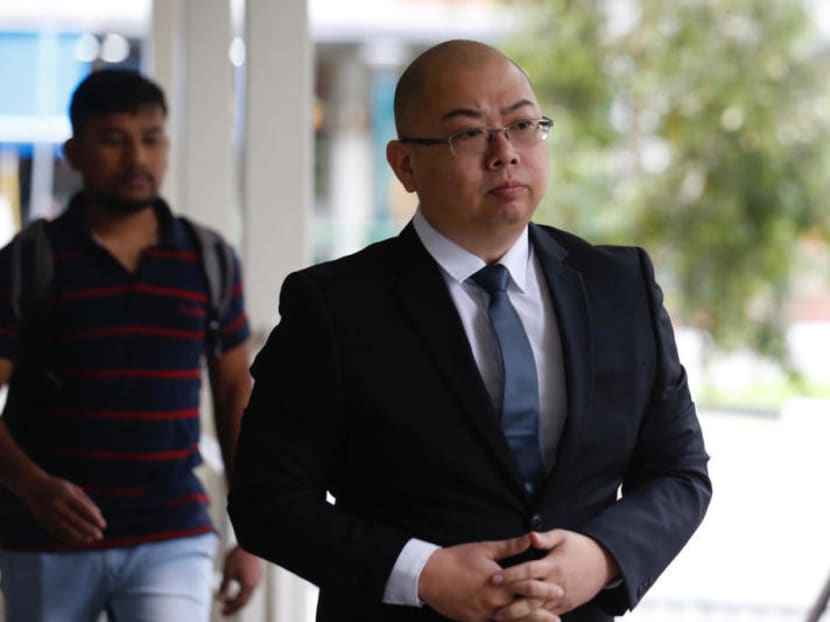Govt calls out article by TOC, editor’s Facebook post on Pofma for containing falsehoods
SINGAPORE — Four days after a new law to combat fake news kicked in, the communications and information, and law ministries on Sunday (Oct 6) called out an article by The Online Citizen (TOC) and a Facebook post by its editor Terry Xu for containing falsehoods.
SINGAPORE — Four days after a new law to combat fake news kicked in, the communications and information, and law ministries on Sunday (Oct 6) called out an article by The Online Citizen (TOC) and a Facebook post by its editor Terry Xu for containing falsehoods.
The ministries said that Mr Xu’s post and the article by a writer named Ghui, on the Protection from Online Falsehoods and Manipulation Act (Pofma) and the General Election, “incorrectly assert that ministers can use Pofma during the elections to restrict and curtail online content”.
“The Act states that for the entire election period Ministers cease to exercise their powers under Pofma. Instead, senior civil servants are appointed as the Ministers’ alternate authorities for the election period,” the ministries clarified.
“The robust safeguards on the use of Pofma will continue to be in place during the elections.
“It is disingenuous to talk about the need for voters to know ‘what actually happened’, while suggesting that falsehoods should be allowed to go unaddressed during an election period.”
TODAY has sent queries to the Ministry of Communications and Information.
In the TOC article dated Oct 5 titled “Has anyone thought about this one way top down enforcement of so called ‘fake news’?”, the writer said that the new law “could potentially allow a Minister to deem a piece of news as ‘fake’ as a means to silence a critic”.
“Also, given the ease at which the government can call for an election, and the decisions that are within their purview to make, is there a risk of this legislation being used to silence critics for a crucial 9 days in the lead up to an election? Will this also lead to opposition parties censoring their own campaigning tweets or Facebook posts for fear of running foul of this law?” asked the writer in the article, which is filed under the Opinion section.
Mr Xu’s Facebook post, dated Oct 4 and titled “What the Pofma appeal timeframe means in a General Election”, lists various scenarios pertaining to takedown or correction orders and the appeal process.
He wrote: “The Singapore General Election is typically just nine days long from the point of nomination day to polling day. So effectively, if someone whistleblows during an election or just prior, to something the nature of the Hep C cover up prior to the GE2015, the ruling party can throw a takedown or correction order on the story or statement by the whistleblower, only for the story to be proven correct after the election is won without the voters knowing what actually happened.”
Pofma kicked in on Oct 2, more than two years after the Government said it was reviewing laws to fight the scourge of fake news.
On Oct 1, the Government revealed details about the controversial new law, such as how its various powers are to be exercised and how individuals and organisations can challenge the state’s decision to take down fake news in the public interest.
Details of regulations and orders made under Pofma — some of the mechanics of how Pofma will function — were published in the Government Gazette on the same day.










